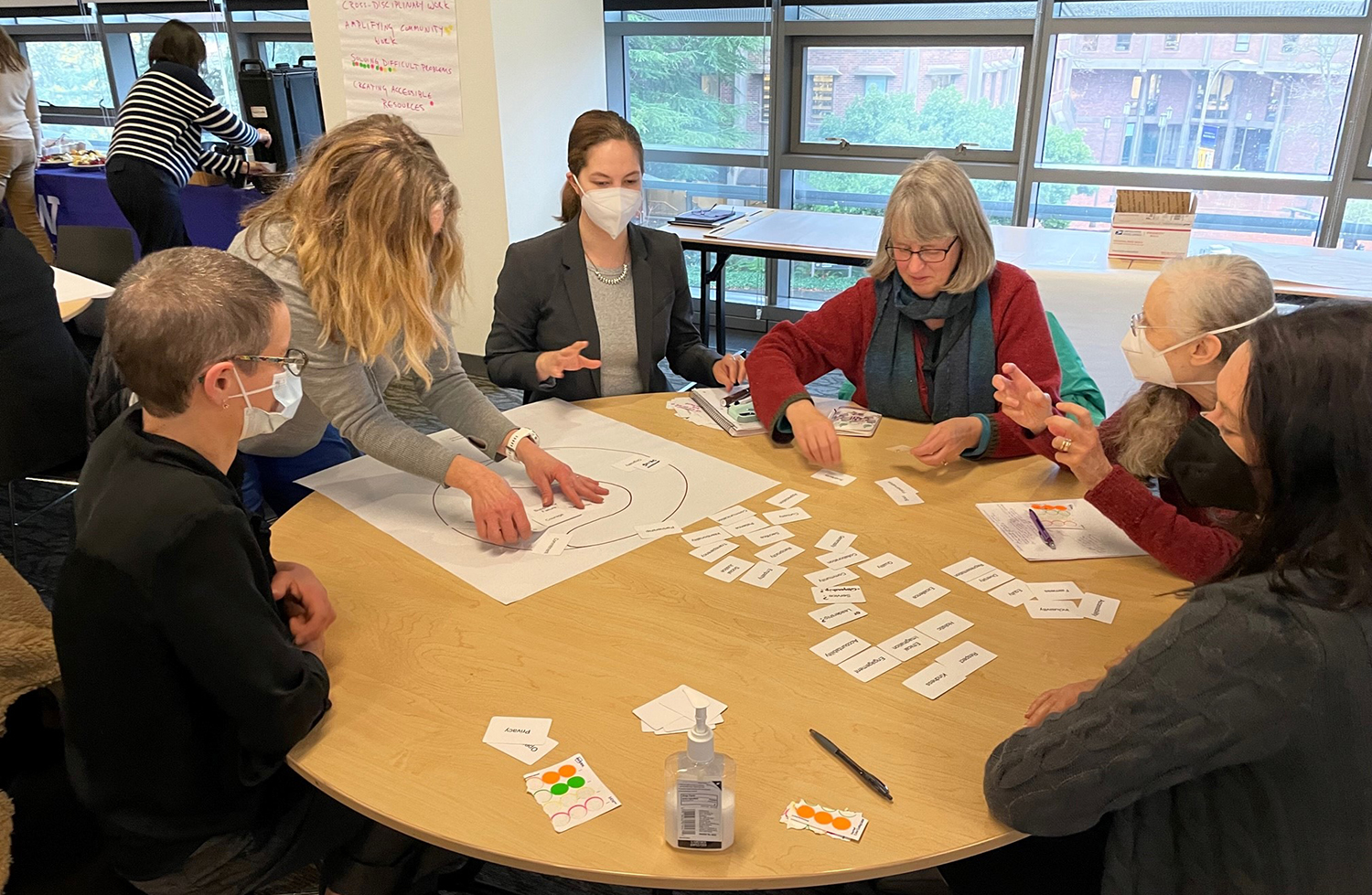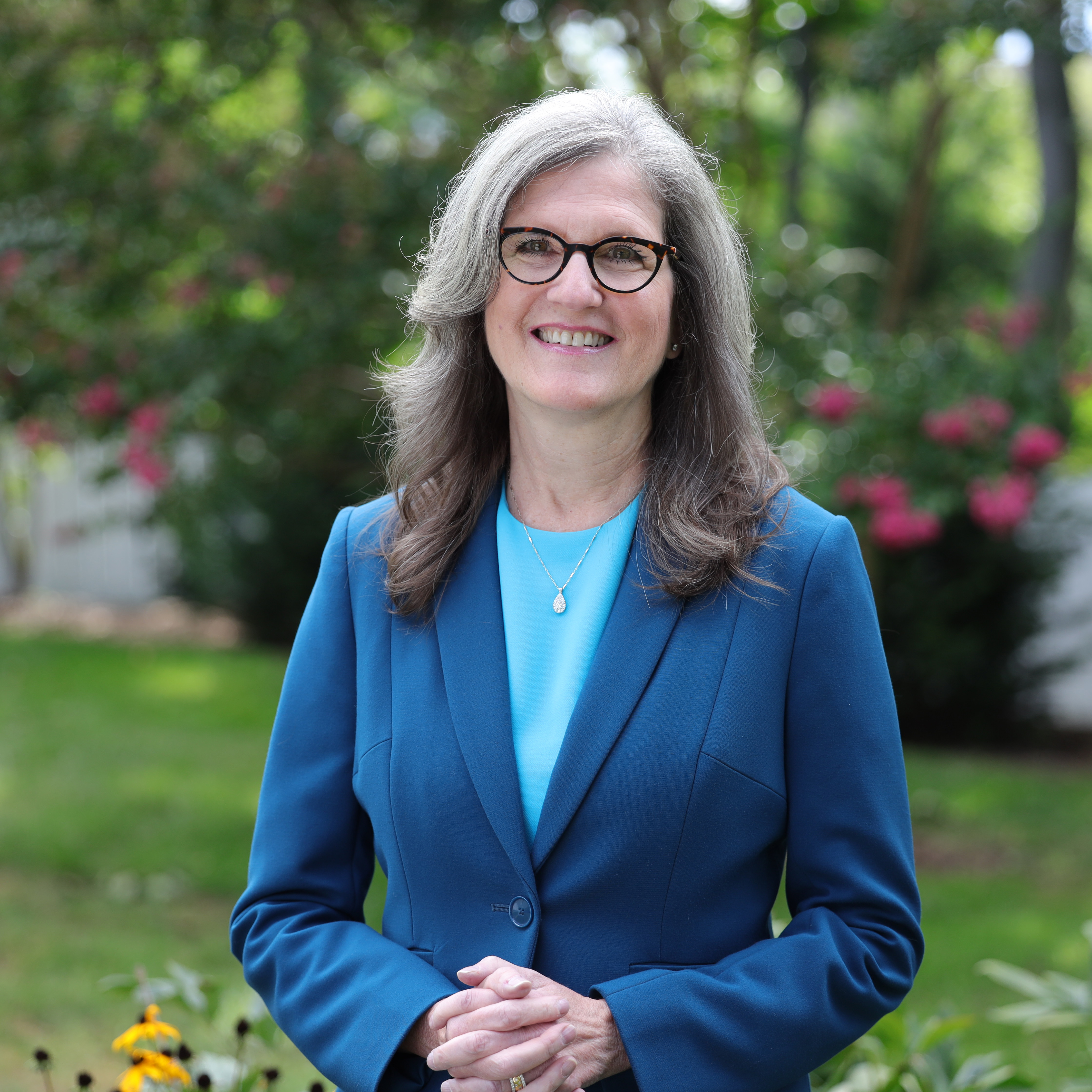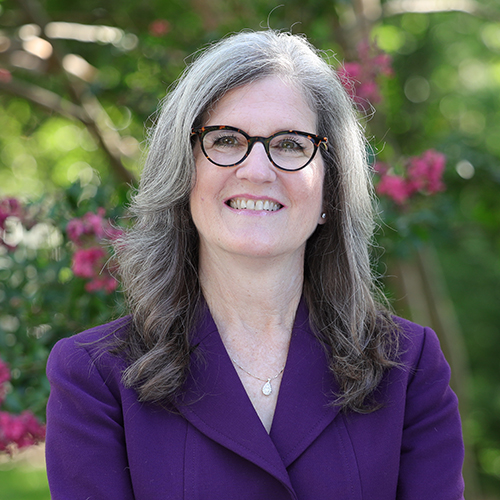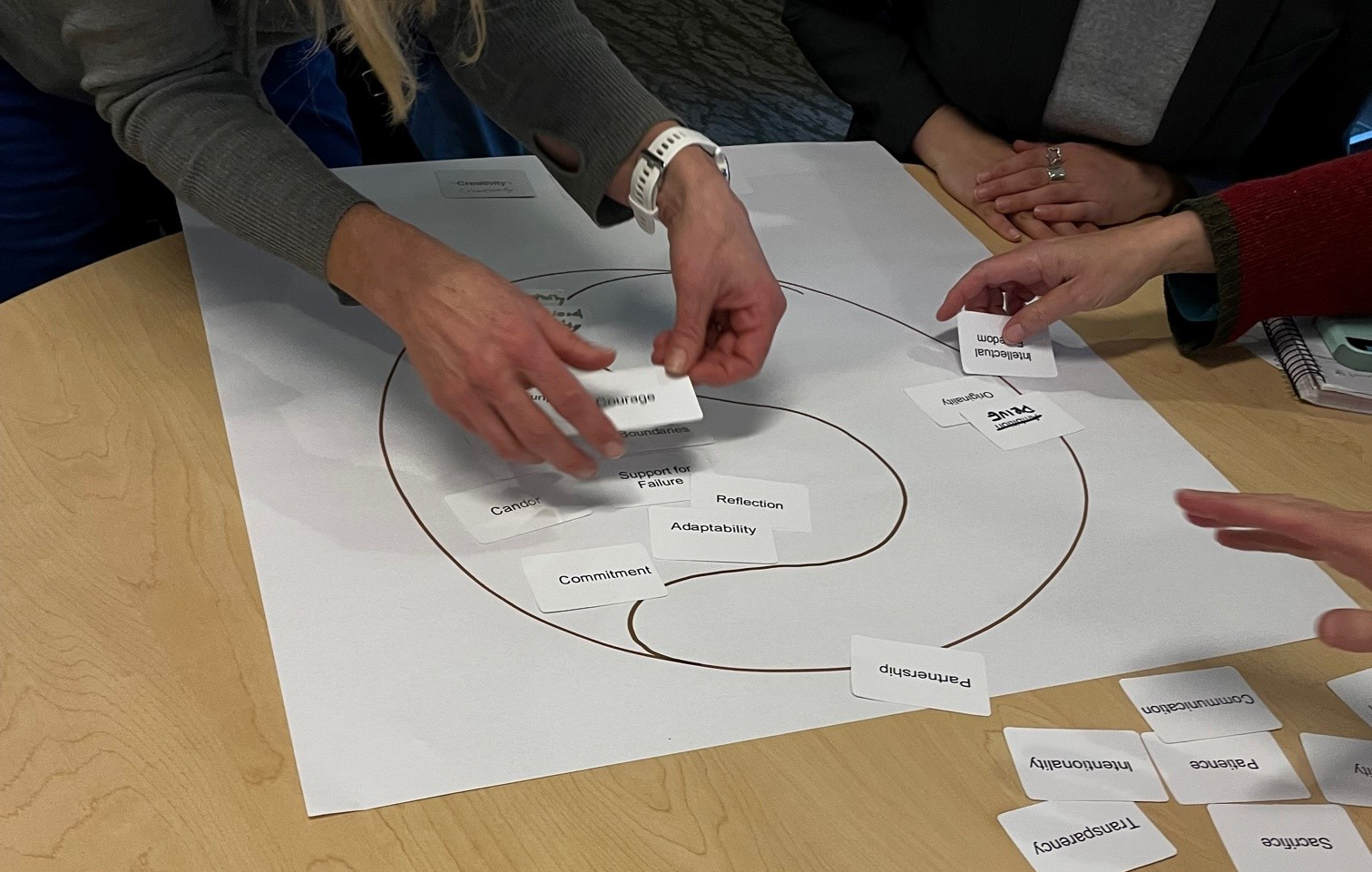
Greetings, and happiest of new year wishes to all for 2023. I write with a longer-than-usual post (thank you in advance for reading to the end) to update you on the work we initiated last quarter with the launch of the “Rethinking the Academy” initiative, to offer my sincere thanks to those of you who were able to participate in the launch events, and to encourage your future participation as the next steps of the initiative unfold.
Across every sector, higher education is at a series of junctures with various forces pressing for transformation. Consequently, Rethinking the Academy (as an activity and as our initiative) is both timely and necessary because universities will inevitably change in significant ways in the coming decades. Launching this initiative offers opportunities for us to collectively consider what higher education can be when we design it for today and for the near future rather than accepting what is and has been and to more closely meet the needs and aspirations of 21st-century faculty, staff, and students. It requires some collective dreaming. But before we can do that, we need to determine and center our values in everything we do together — creating our own, collectively held sense of a common good.
To that end, we launched the “Rethinking” initiative with two events featuring the renowned scholar and higher education innovator, Dr. Cathy Davidson. Davidson’s books, The New Education and The New College Classroom, provide productive frameworks and excellent starting points for imagining the university as we wish it to be. From my opening remarks for that event: Rethinking the Academy started from my own restlessness about where higher education is today and the challenges we see across institutions of all kinds…Starting the Rethinking initiative doesn’t come from a place of deficit thinking or thinking of what’s wrong…it comes from a place of imaginative excitement and that we’re in a transformative moment in higher education that’s ours to seize or ours to miss out on. Davidson’s presentations led us to think across scales, providing fresh ways to understand our work from the institutional to the individual classroom to the syllabus, helping us see — and remember — that we already possess the imagination and capacity for transformative change if we only seek to make it happen.

Just two weeks later, we welcomed the HuMetricsHSS team to campus—seven scholars who led us in workshops across two and a half days, focused on creating values-enacted frameworks for understanding and evaluating all aspects of the scholarly life well-lived and for promoting the nurturing of these values in scholarly practice (you can learn more about them here). I invited the HuMetricsHSS team to start us on the pathway to the creation of our own, College of Arts and Sciences values-enacted framework that can guide our work in the future, and also to become our partners in the creation of a community of practice that is committed to productive, thoughtful institutional transformation. With energetic participation from a range of department chairs, members of our elected faculty council and the dean’s office staff, we designed various possible values frameworks and four major priority projects emerged for the College to address:
- Facilitating collaboration across disciplines;
- Improving and making more meaningful the experience of serving as department chair;
- Centering DEIA in everything we do across the College and campus;
- Addressing rewards systems and structures -- including fair and equitable pay to the extent possible -- to better reflect what we value.
A faculty team initially identified the final project listed here as simply “achieving fair and equitable pay,” yet our pay structures are closely tied to our rewards systems and structures, namely (but not exclusively) tenure, promotion, and merit review. If we are to address pay equity, we must also examine our rewards structures and the values that guide the ways we navigate these structures to help us identify what might change. We will continue to refine the values frameworks in the months ahead with further support from the HuMetrics team, and we welcome your participation.
Finally, we are designing the Deans Academy Fellows program in a manner that will permit some of the fellows to work on the topics listed above. Because this is an entirely new program that we are designing from scratch and is not based on known models, it is taking a bit longer to get this fully organized. Please look for announcements about this in the weeks ahead and thank you for your patience. I’m very grateful for your engagement in this experiment.
I began this update by asking how we can develop and center our values in everything we do. I am resolutely determined to keep this question at the center of our work in the College. Doing so will require a good deal of focused consideration, thought, and time. It will require patience and determination. Because it will ask us to think and act differently than we have done in the past, we will sometimes fall back on known patterns, lose our way, and require a refocusing. It will not be easy and I feel certain we will stumble more than once along this pathway. I also can’t think of any group with whom I’d rather undertake this work than with you, the outstanding faculty and staff in the College of Arts and Sciences. Thank you for your partnership and thank you for making this journey with me.
Looking forward to more daylight ahead and sending my warmest wishes to you for the new year.
(This post was also sent as an update email to faculty and staff in the College of Arts and Sciences)
More Stories

From the Dean
Dianne Harris reflects on her first six months as dean, and the “dedication to excellence and deep veins of creativity” she has found throughout the College of Arts & Sciences.

New Dean, New Perspectives
A conversation with Dianne Harris, new dean of the UW College of Arts & Sciences.
